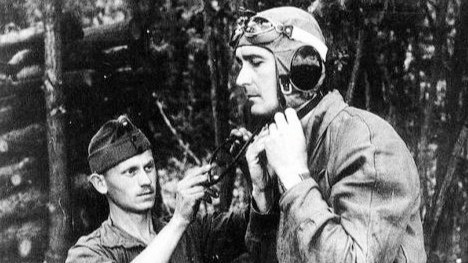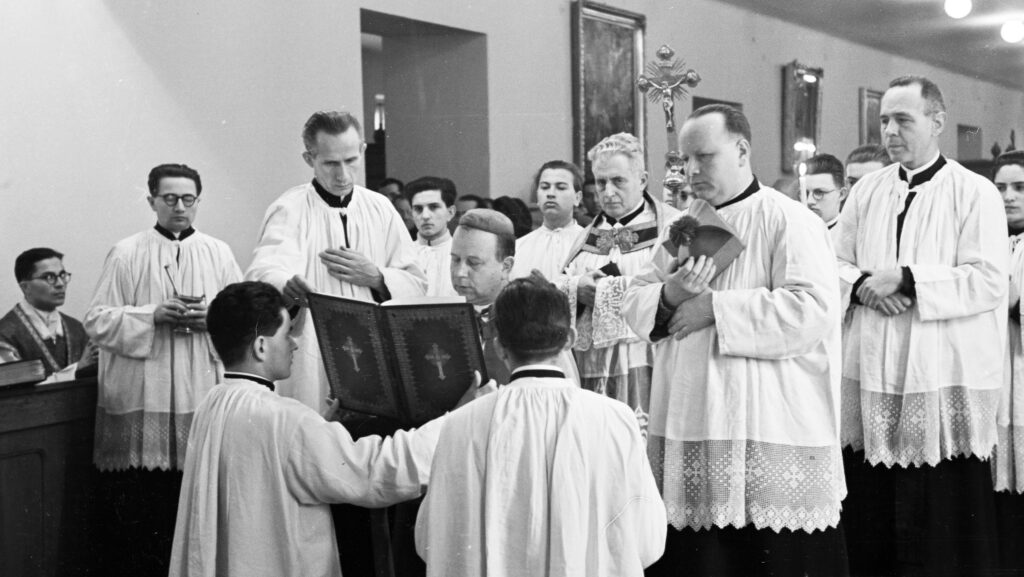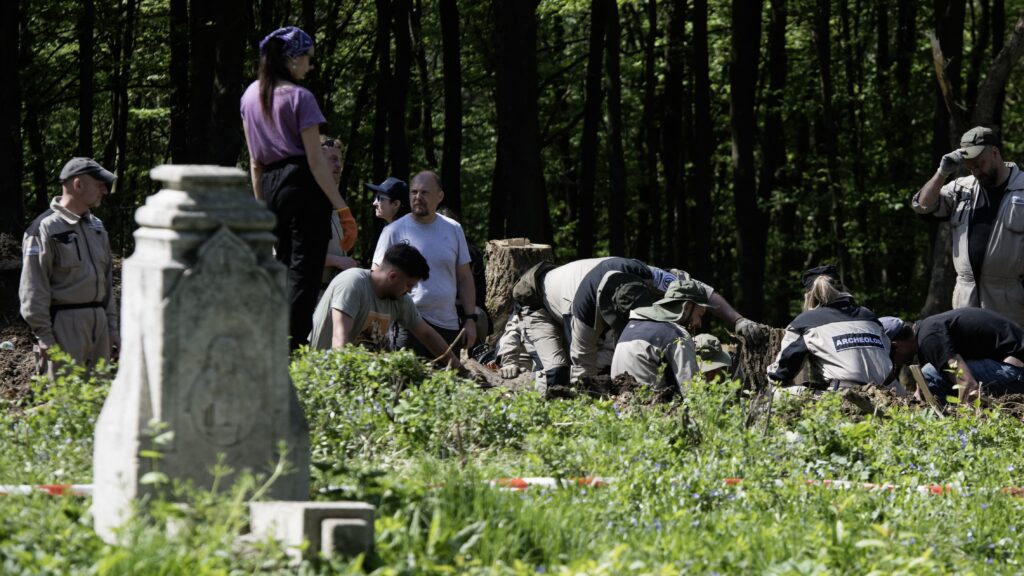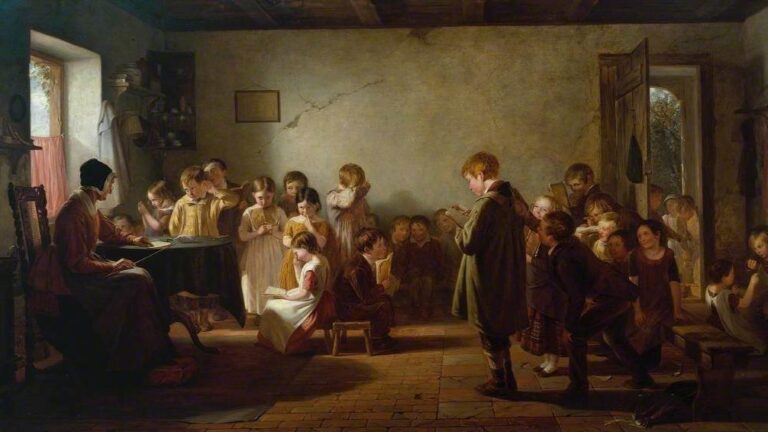‘I looked out the window and said, if the sun is shining, then it can’t be true.’
(Countess Ilona Edelsheim Gyulai, the widow of István Horthy)
82 years ago, on 20 August 1942, Miklós Horthy’s eldest son, the Vice Regent of Hungary, perished in a plane crash. István Horthy’s death was in the interests of many people; in fact, the suggestion that the politician, who did not sympathize with Nazi Germany, was in fact assassinated, is brought up time and again to this day.
István Horthy, the ‘small regent’, immensely popular in the country at the time,
decided to go to the Eastern Front with the 2nd Hungarian Army of his own volition,
because he wanted to share the fate of the Hungarian soldiers. However, due to his holding an important political position, he was only assigned to reserve duty; nevertheless, Horthy toom part in as many as 24 missions as a pilot. ‘Understandably, many people opposed István’s service on the front line, including Miklós Kállay, the prime minister, but my father-in-law did not forbid it. He said he would do the same if he were his son. What is incomprehensible is that he flew on missions as a simple officer, even though he was the Vice Regent. To make matters worse, he did so on an aircraft model that had a dubious reputation; everyone knew that the Héja plane had rather bad characteristics. Undoubtedly, my husband also knew that,’ István Horthy’s widow, Countess Ilona Edelsheim Gyulai (1918–2013) told the historical magazine Nagy Magyarország in 2010.
The 25th mission fell on 20 August of all days and proved fatal. On this day, given that the order instructing him to return from the front had already arrived the day before, he should not have taken off, but he did not inform his superiors about this. First Lieutenant István Horthy and his escort, Sergeant Zoltán Nemeslaki, took off at 5 a.m. Their task was to escort a Hungarian reconnaissance plane. The fighter jets approached the scout plane at a relatively high speed, so First Lieutenant Horthy started a sharp left turn. This caused his plane to spin out and fall like a corkscrew; although he managed to steady the plane, due to the low height, he could no longer avoid hitting the ground.
There have been many theories about the causes of the accident, and the view that the Vice Regent, who was well known for his anti-Nazi views, may have been the victim of an assassination plot continues to resurface. The widow of István Horthy also spoke about this in detail when asked about their last meeting.
‘At the end of his two-month stay abroad, I went to Kiev as a nurse. We lived in a German general’s house for three days. My feeling is that what happened was inevitable. In the end, I was a careful person, but he had to be even more careful. Even in the Buda Castle, we were careful not to talk next to the phone, as someone might have placed a listening device there. We talked about everything in the German general’s apartment. We did speak quietly, but we later found out that the room was full of microphones. We probably forgot all precautions, being overjoyed by being together again. It was then that he told me everything, that the Germans had irretrievably lost the war, that nothing could be done in Hungary. His only hope was to go to England or America, where he had many good connections, and from there he hoped to help our country. He told me about his plan in detail. All this was intercepted on 15–16 August.’
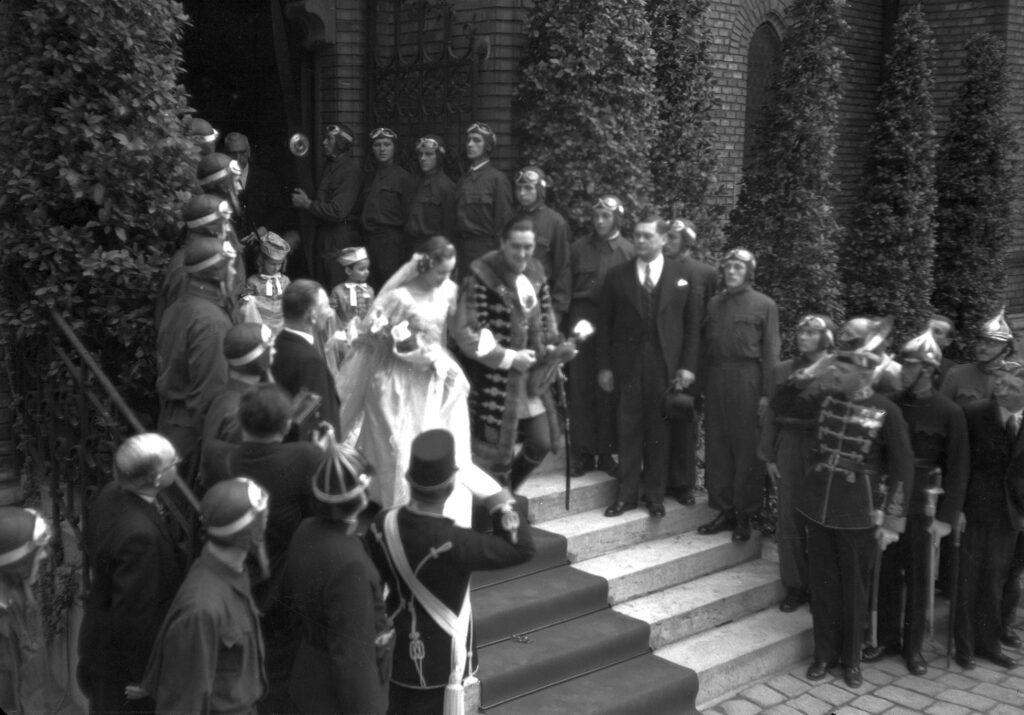
Ilona Edelsheim Gyulai was among the first to be notified of the terrible tragedy. ‘On the morning of 20 August I took part in the inauguration of a Hungarian military home and went back to the hospital from there. I rested for half an hour, but the head nurse came in and told me in a surprisingly strange way “I hope you won’t be angry with me. I have to tell you that your husband was in a plane crash and died.” That’s how I found out. Well, this was not only unexpected, but also completely unbelievable that this could happen at all. I remember looking out the window and saying that if the Sun is shining, it can’t be true…I couldn’t wait to see my father-in-law. When I ran up the steps of the Buda Castle, we fell into each other’s arms in despair. These were difficult moments,’ the widow recalled.
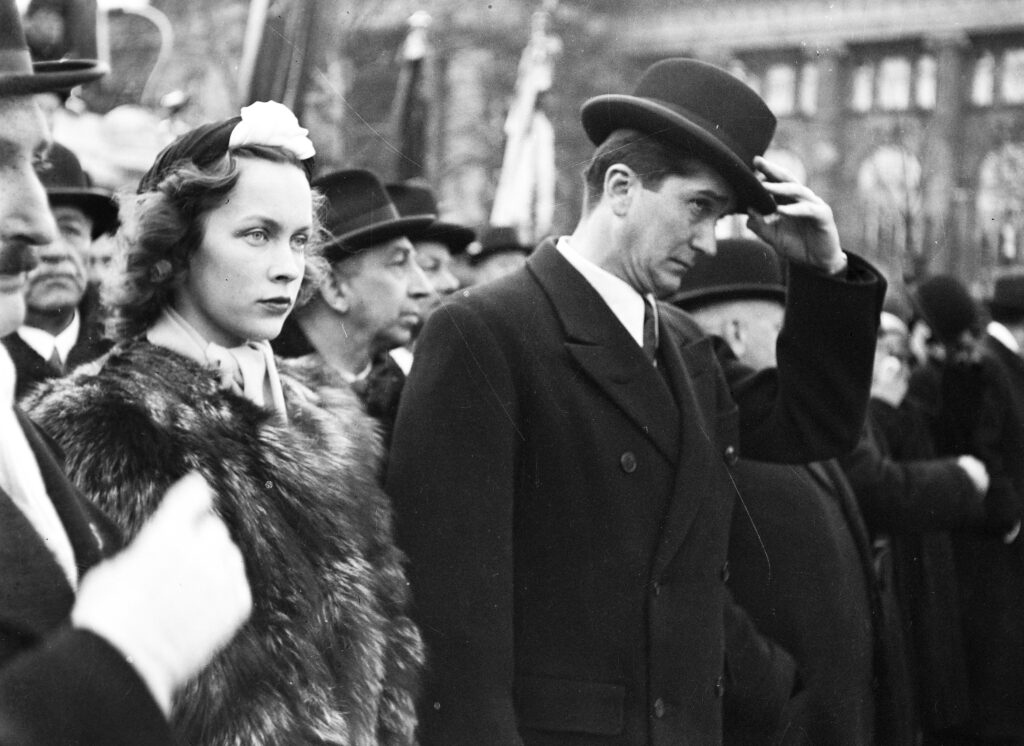
Immediately after the tragedy the rumour spread that the Vice Regent had a name day party the night before and boarded the plane drunk. A week after the tragedy, the General Staff asked István Horthy’s immediate superior for clarification and it turned out that the rumour was false. The ‘small regent’ did not celebrate his name day on 19 August; he attended a card party in his superiors’ tent before his last take-off, but there was no celebrating or drinking.
The body was brought home a few days later, and the entire country mourned. The Franciscan order’s bulletin reports on this as follows: ‘The hearts of us all went out to the First Parents of Hungary, and their tears brought our hearts to grief as well. Her Highness the Vice Regent’s wife took up the cross of all Hungarian widowed spouses through the heroic death of her husband. And the coffin of István Horthy, Vice Regent and First Lieutenant, leads to the great Hungarian cemetery, whose silent inhabitants are all the heroes of the struggling Hungarian past, as well as the thousands of martyrs of this war.’ Unitarian Bishop Miklós Józan expressed his church’s grief as follows: ‘Here the whole Nation has suffered a loss. A precious branch of the ancient tree of the Horthy family from Nagybánya was broken off in the storm that shook the huge trunk, and we surround the flying bones with deep pain and reverent participation, and we want to breathe new life into the bleeding members, the pieces that have turned into black diamonds.’
The funeral train reached the Hungarian border at Kosztolány (today Veľké Kostoľany, Slovakia) and stopped first in Kassa (today Košice, Slovakia), where the delegation of the Hungarian government received the coffin. After that, following a short prayer, the delegation left for Budapest by train with the body. A temporary bier was set up in the hall of the Déli Railway Station, and all the members of the government paid their respects there after the arrival of the train.
The coffin, placed on the base of a cannon, was transported to the Dome Hall of the Parliament,
accompanied by a large funeral procession, and the bier of the deceased Vice Regent was displayed there. At eight o’clock the next morning the Parliament opened its doors so that people could pay their final respects. The funeral service was held in the Dome Hall by Reformed Bishop László Ravasz. Afterwards, the deceased’s comrades, with Miklós Horthy leading the procession, accompanied the coffin to the Nyugati railway station. The remains of Vitéz István Horthy of Nagybánya were laid to rest in the family tomb in Kenderes.
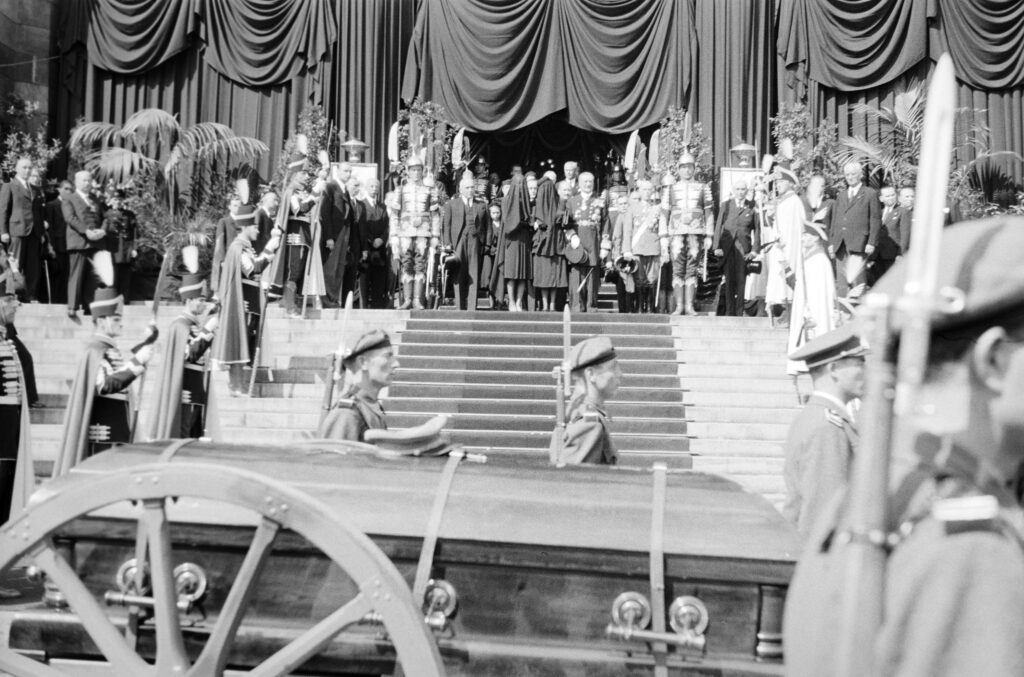
On 28 August all Berlin newspapers reported on the funeral on their front pages, uniformly describing it as ‘a worthy expression of the undivided sympathy of the Hungarian nation’. The Völkischer Beobachter noted that the participation of hundreds of thousands at the funeral was a telling testament of how deeply the death of the Vice Regent affected the entire Hungarian people. The Vienna Radio held a ‘mourning festival’ instead of the usual news, broadcasting the music of the closing scene of Wagner’s Twilight of the Gods.
The high regard in which István Horthy was held in Hungarian society was perhaps best shown by the example of Szolnok, the general assembly of which immediately after the funeral began to discuss how best to preserve the memory of the deceased. The naming of a university foundation, a street or a square after the Vice Regent all came up as possibilities, but they ultimately decided they wanted something much more memorable than that. On 8 August 1943 the newspaper Délmagyarország wrote the following: ‘The case is currently at such a stage of development that it seems likely that a huge monument will be erected, the importance of which will not only be local, but national.’ The statue of István Horthy, part of a complex memorial monument, was raised in March 1944, but the inauguration ceremony was cancelled due to the German occupation of the country on 19 March. The statue was pulled down in the autumn of 1944 and stored in the basement of the Town Hall, from where it disappeared under unknown circumstances.
Miklós Horthy wrote this in his memoir in 1952: ‘Ten years have passed since then, but neither the pain of his parents, who lost their third child with him, nor the grief of his wife, who was left a widow with her one-and-a-half-year-old son, have subsided to this day.’

